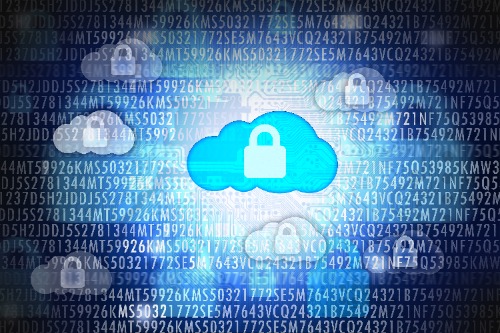SMBs Struggle to Defend Against Cyber Threats
In a recent report featured by Tech Republic, 35% of SMBs were hit with ransomware in the last year. Out of those impacted, 22% had to completely cease business operations to attempt to remediate the issue. But for how long? Over half of the attacks that resulted in a cease in operations, were down for over 8 hours. The others, over two business days.
The financial impact of such event can be detrimental to a small/medium sized business. Here are a few of the financial pieces to be considered:
- Cost to repair the system(s)
- Lost productivity hours for employees
- Lost sales due to ceased operations
- Future lost sales due to reputation damage
Protecting Your SMB From Ransomware
Tech Republic stated, over half of ransomware attacks occurred due to human error. To be clear, there is no security program that is going to prevent users from clicking on something they shouldn’t. Currently, the company’s security solution will scan the malicious attachment after it has been clicked on to determine its security. If this malicious attachment is new, meaning the security program hasn’t labeled it bad yet — it will run — assuming the user is running an antivirus program that uses a blacklist for malware detection. This assumption isn’t a far stretch, considering most security programs function with only blacklist technology.
But what if there was a different option? Application whitelisting treats unknown files as bad, until tested and proven safe. Now, the same scenario — John Doe clicks on a malicious attachment (human error), and the new, unknown executable attempts to run. The whitelist blocks it until that executable can be tested and proven safe. In this case, it would be found malicious and blocked from running.
Long story short, there is no way to prevent human error. But there is a security solution that will protect company data when it does occur.




